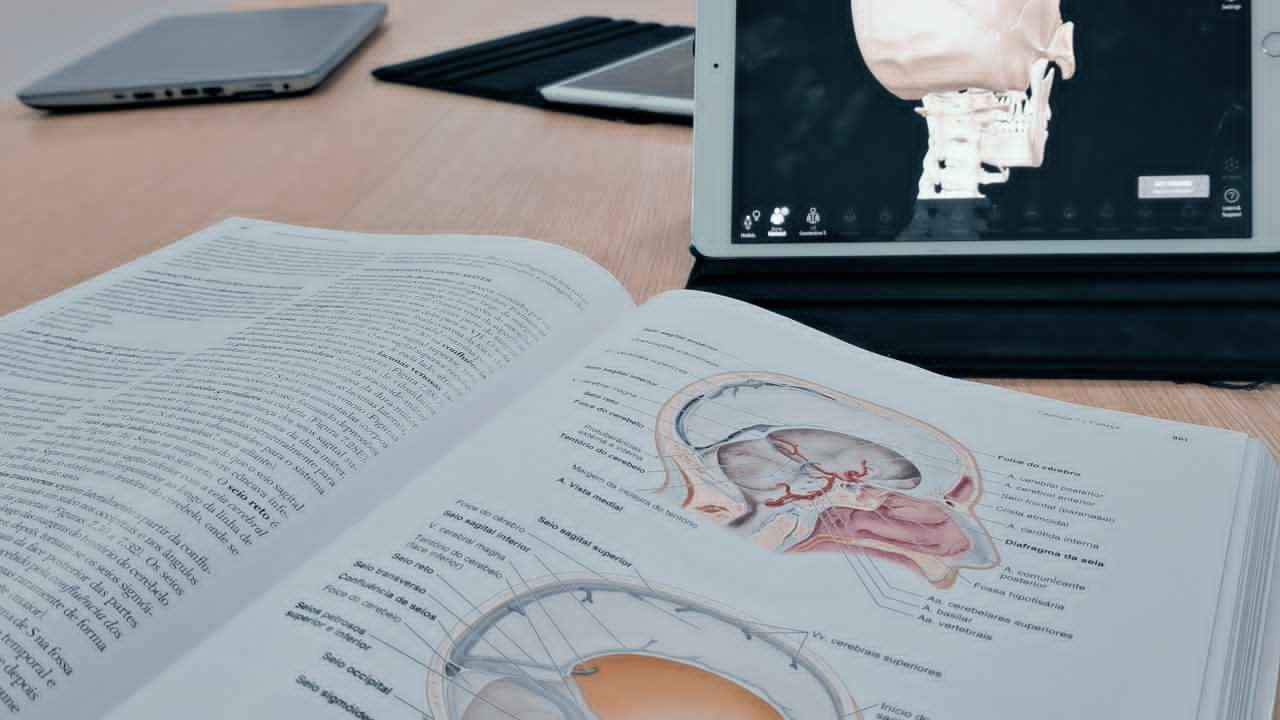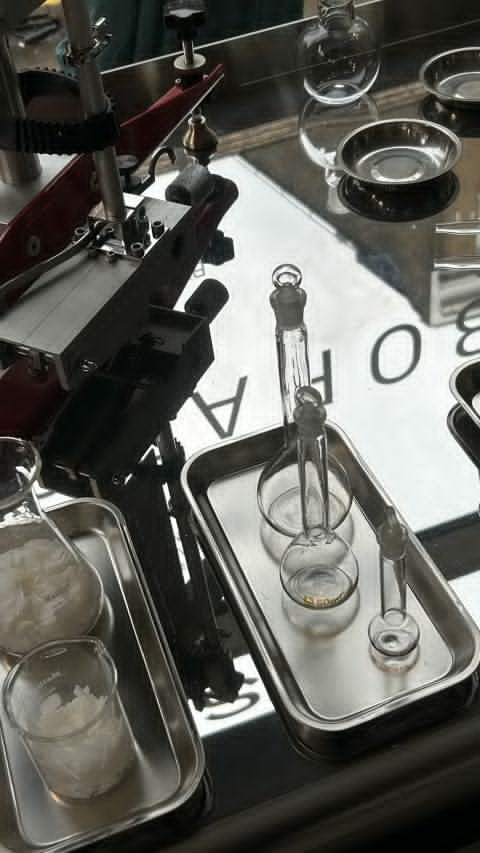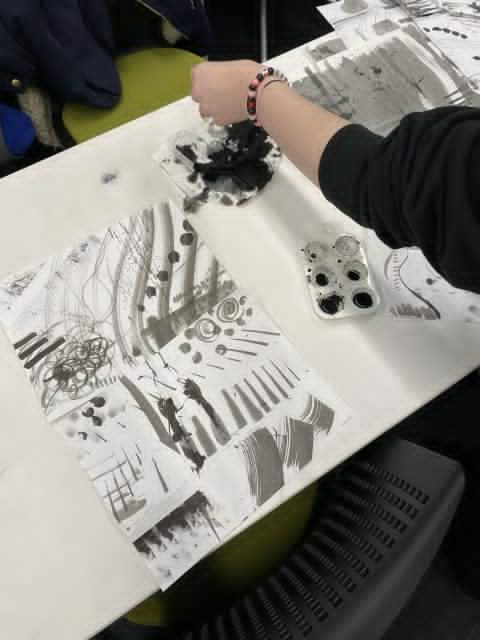What fascinates me most about science is its ability to explain what seems to be unexplainable. I count myself lucky to be born into a homeschooling household where curiosity and education were encouraged and supported. At the age of five, I became obsessed with a BrainBox electronics kit gifted by my parents. This obsession sparked a lifelong interest in science and mechanical physics that extended over the years to potion-making, marble runs, string mazes, and aerial experiments. As my appetite for knowledge increased, I enrolled in online courses in electricity and elementary physics through Science for Home Educators, and with these courses my passion for science began to take shape.
What is science and where can it lead you? Science is defined as “a systematic enterprise that builds and organises knowledge from hypotheses about the universe”. Science encompasses a wide range of disciplines, such as biology, chemistry, and physics, which can lead to careers in fields such as food science, agriculture, zoology, astronomy, physics, technology, engineering, and medicine. The exact direction you take as a scientist depends on your own interest and curiosity, but the personal traits that will most likely help you to succeed in science include an interest in observation, experimentation and logical reasoning. A keen sense of mathematics and the ability to learn from your mistakes is also important.
Opportunities to follow your science passion can be found in and out of schooling. Once I decided to enter the public school system, I gravitated toward the study of sciences, technology, engineering and maths. Traditionally called STEM subjects, sciences, technology, engineering and maths are often grouped with arts to create the acronym STEAM. Entering year 12, I started seeking learning opportunities outside of the high school classroom. For example, this past May, I enrolled in an extracurricular university credit course offered through Real World Education. Held over 5 days, this hands-on learning experience provided me with the skills to make precise and quick measurements in a professional lab. This extracurricular study, in turn, inspired me to found and chair the science study club at my school.
Following your passions is a great place to start your scientific journey, but there are many paths to take toward a career in the sciences. There are thousands of opportunities, scholarships and grants when it comes to pursuing the sciences, and it’s important to put aside time to research and discuss your specific interests and ideas.
Research, reflection, and discussion have helped me to be less overwhelmed about my particular learning pathway. A useful website to begin charting your own personal pathway is the STEM/STEAM website, which offers many learning resources in the areas of leadership, technologies, beyond the classroom, exam preparation, professional learning and links to The International Journal of STEM Education, which investigates important new trends in scientific education and development.
Science learning opportunities at the university level are also useful places to start thinking about how your passion for science links to a specific career. The cost of science courses at university can be daunting, but many universities offer different programs, grants and scholarships to get started. For example, as of 2024, the University of Otago has offered up to 18 million in scholarship money annually. Universities around New Zealand offer many scholarships and programs at all levels of tertiary education. Examples of introductory scholarships and programs include both the Science Horizons Scholarship, and Hands-on Otago.
My lifelong dream has always been to pursue a career as a cardiothoracic surgeon. However, as I develop my interests and learn more about possibilities I intend to remain open to other pathways in the medical field. I am truly inspired by the range of jobs in the broad field of sciences and related opportunities in the academic environment. I believe that when you explore your passion, anything is possible, as long as you remain open to new learning opportunities. My hope is that this article serves as a first step to turning your scientific dreams into a reality.
“ The future depends on what you do today” -Mahatma Gandhi


